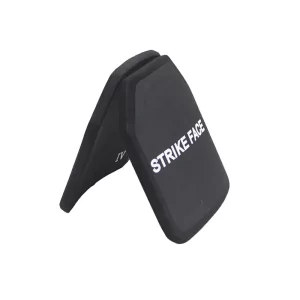Shares of Chinese bulletproof vest makers surged after Shinzo Abe’s shooting
Shares of major Chinese bulletproof vest makers spiked after the former Japanese prime minister Shinzo Abe was shot and killed during a speech in the city of Nara early on Friday (July 8).To get more news about bulletproof zone customer service, you can visit bulletproofboxs.com official website.
Abe, 67, was shot twice, with the second shot hitting his back, leading him to collapse. He went into a state of “cardiopulmonary arrest,” indicating a sudden loss of heart function and breathing, according to an official. Subsequently, he was declared dead. A male suspect has been arrested and charged with attempted murder, according to local media.
Shortly after the news made global headlines, Chinese companies such as Jihua Group, Anhui Wanwei group, and Yantai Tayho saw their shares surge between 2% and 6%. Jihua is the largest light military products supplier in China, while the other two firms mainly produce advanced and new materials like high-performance fiber. The three are among the major listed-bulletproof vest makers in China.

In China, it is not uncommon for companies to see their shares move due to news events, even if the firms have no connection with the newsmakers. When the Chinese-American skier Eileen Gu won gold medals at this year’s Beijing Winter Olympics, the stocks of companies with names that have the same characters as her Chinese name, Gu Ailing, also surged in the wake of her victory.
Beyond stock markets, the shooting of Abe has evoked keen interest on the Chinese internet, where many are cheering the attack against him. There has long been strong anti-Japanese sentiment in China, due to Japan’s invasion and war crimes committed in China between 1937 and 1945. Abe, in particular, has been condemned by Beijing for his visits to the Yasukuni shrine while he was in office. The shrine, which commemorates Japanese World War II leaders who were later convicted of war crimes, is seen by China as a symbol of Japan’s erstwhile military aggression.
On Weibo, China’s largest social media site, hashtags related to the news of Abe’s shooting have been read 920 million times. Many Chinese internet users praised the suspected shooter a “hero.” Tianya, a Weibo blogger with more than 2 million followers, claimed that the Chinese reaction towards the news was a result of Abe’s past behavior towards China. This included, Tianya wrote on his blog, Abe’s stance on the Diaoyu, or Senkaku, Islands in the East China Sea, which have been fought over by mainland China, Japan, and Taiwan.
But some voices also expressed sympathy for Abe. Hu Xijin, a former editor of the state-owned tabloid Global Times and a well-known Chinese commentator, urged his readers to put aside Abe’s past disputes with China. “I hope more can understand and join me to show this attitude [towards Abe],” Hu wrote on Weibo.